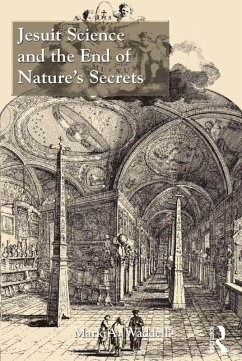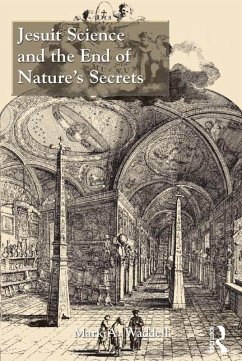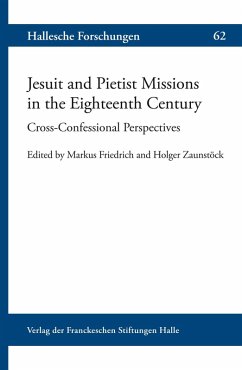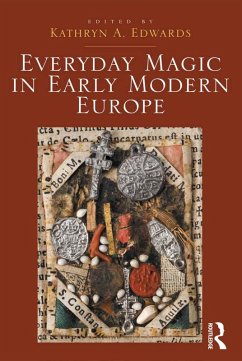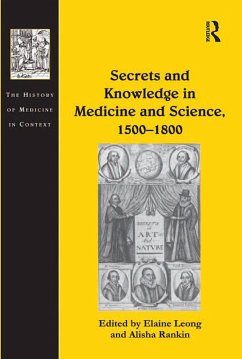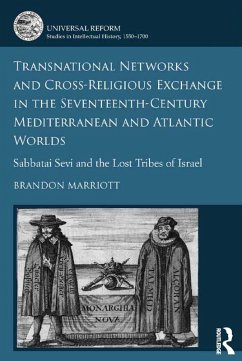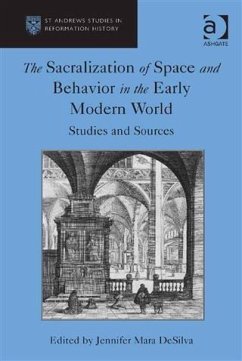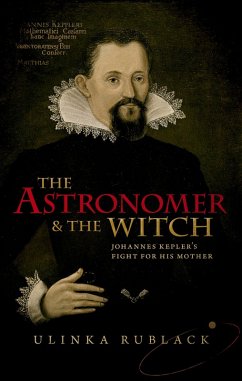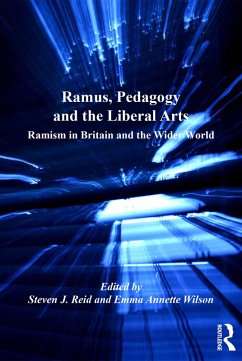
Jesuit Science and the End of Nature's Secrets (eBook, PDF)
Versandkostenfrei!
Sofort per Download lieferbar
92,95 €
inkl. MwSt.
Weitere Ausgaben:

PAYBACK Punkte
46 °P sammeln!
Jesuit Science and the End of Natures Secrets explores how several prominent Jesuit naturalists - including Niccol Cabeo, Athanasius Kircher, and Gaspar Schott - tackled the problem of occult or insensible causation in the seventeenth century. The search for hidden causes lay at the heart of the early modern study of nature, and included phenomena such as the activity of the magnet, the marvelous powers ascribed to certain animals and plants, and the hidden, destructive forces churning in the depths of the Earth. While this was a project embraced by most early modern naturalists, however, the ...
Jesuit Science and the End of Natures Secrets explores how several prominent Jesuit naturalists - including Niccol Cabeo, Athanasius Kircher, and Gaspar Schott - tackled the problem of occult or insensible causation in the seventeenth century. The search for hidden causes lay at the heart of the early modern study of nature, and included phenomena such as the activity of the magnet, the marvelous powers ascribed to certain animals and plants, and the hidden, destructive forces churning in the depths of the Earth. While this was a project embraced by most early modern naturalists, however, the book demonstrates that the Jesuits were uniquely suited to the study of natures hidden secrets because of the complex methods of contemplation and meditation enshrined at the core of their spirituality.Divided into six chapters, the work documents how particular Jesuits sought to reveal and expose natures myriad secrets through an innovative blending of technology, imagery, and experiment. Moving beyond the conventional Aristotelianism mandated by the Society of Jesus, they set forth a vision of the world that made manifest the works of God as Creator, no matter how deeply hidden those works were. The book thus not only presents a narrative that challenges present-day assumptions about the role played by Catholic religious communities in the formation of modern science, but also captures the exuberance and inventiveness of the early modern study of nature.
Dieser Download kann aus rechtlichen Gründen nur mit Rechnungsadresse in A, B, BG, CY, CZ, D, DK, EW, E, FIN, F, GR, HR, H, IRL, I, LT, L, LR, M, NL, PL, P, R, S, SLO, SK ausgeliefert werden.




